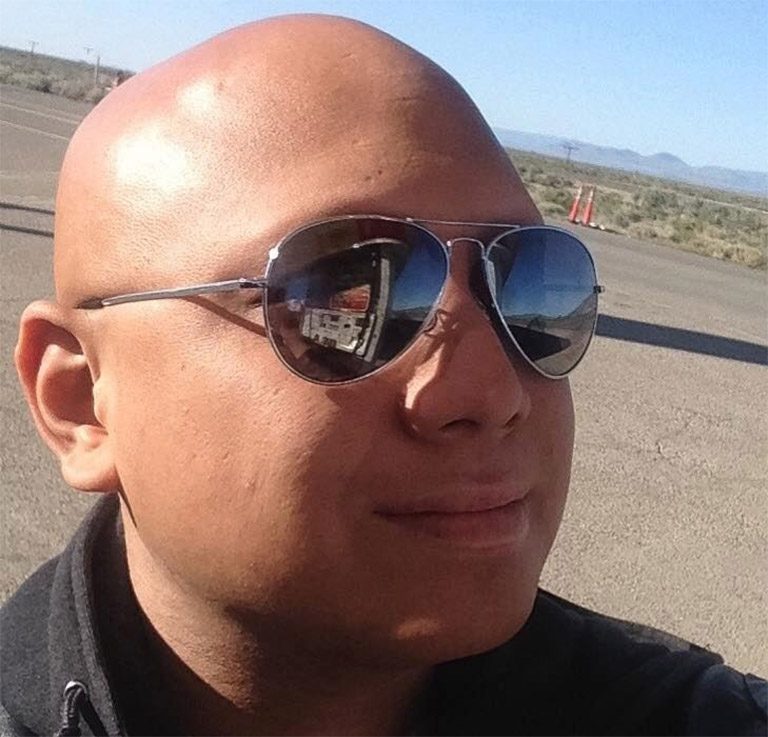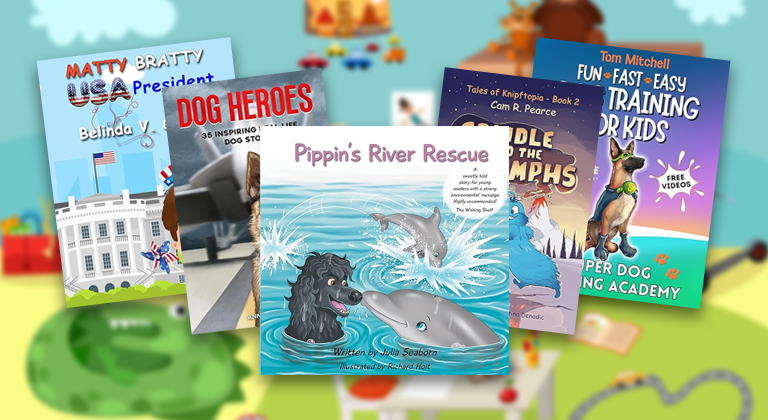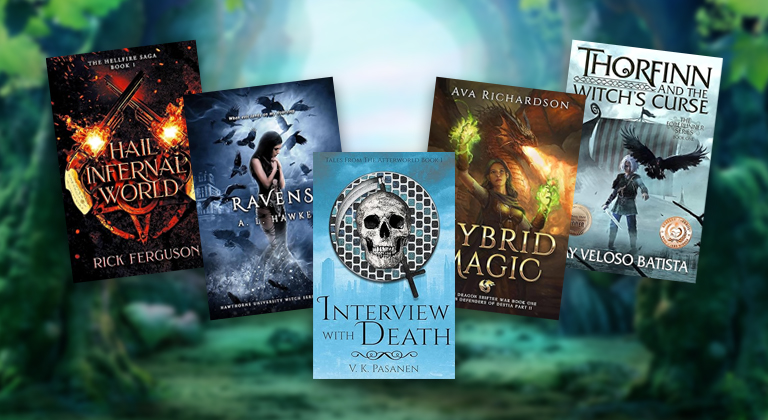Revenge of the Hermit Writer
Most great writing is drawn from rich experiences and the ability to convey those experiences to the reader in a way that transports them into your story. But you can’t draw from rich experiences if you haven’t had any, which means that locking yourself in your house because you’re a writer and don’t have to ever leave isn’t necessarily a winning strategy. But it also doesn’t mean you have to become a full time extrovert. Find a healthy balance, and make the most of the time you spend living!
A while ago, I wrote about how valuable being part of a writing group can be – especially as writing is, by its very definition, a kind of solitary experience. Today, I wanted to expand on that with a subject very close to my own heart – the other danger of being a hermit writer: Isolation.
Many, many writers that I speak to share the same dream – the dream I have/had as well: To make writing our full-time profession.
On paper, ironically enough, it sounds idyllic. For me, writing is the thing I enjoy most, that I’m best at, and have earned the most money doing. It’s been my life’s purpose to be a writer – and today, I still wake up and marvel at how privileged and lucky I am to have reached what modest level of success I have.
But sometimes, success can be infinitely more dangerous than failure. One of the problems of pursuing writing as a craft is that sometimes you spend so much focus and energy on writing that you forget to keep living; and unfortunately the latter is the most important part of the former.
For me, the ambition of being a writer is to set your own schedule. To write where you want, when you want, and to be in charge of your own purpose and destiny. For those of us who’ve paid or continue to pay our dues with desk jobs, or freelance work, or driving an Uber, it’s a deliriously exciting dream to not have to do any of those things… To not have to go anywhere that you don’t want to!
But the problem is, doing things and going places are important parts of being a writer, and sometimes the more successful you become, the less you want to indulge in the very things that make your writing come alive in the first place.
The Hermit Writer
Writing is a solitary endeavor. You can sit in a busy cafe and write, but you can’t write while having a conversation, or watching a movie. You need to immerse yourself in the flow state as the words pour from the Great Narrative onto your page, using your imagination and fingers as the conduit.
The problem is, this kind of solitude can become addictive. As Ian Fleming once said (one day, I’ll write a blog post without quoting him) “Loneliness becomes a lover, solitude a darling sin.”
For the physical act of writing – when you’re downloading a story from the aether onto a blank page – it’s essential to be alone. But the physical act of writing is only half of what it takes to be a writer. Writing is a craft, but storytelling is an art; and it’s a reflection of what you see and experience all around you.
For me, the more successful I became as a writer, the less I wanted to indulge in the very thing that people said made my writing so vivid: Life.
You’ve probably felt the same way at some point in your life – when you agree to do something with a friend, and then when the day comes to actually do it, you massively regret the decision to take part. The couch, or your bed, or your reading nook looks so inviting compared to actually having to go out and interact with people.
However, it’s interacting with people that gives your imagination the tools to craft stories, and write more vividly. I’ve definitely found myself dreading leaving the house on many occasions – however, when I do, I come home with my imagination brimming with a collection of new sights, sounds, smells, and stories to put in my imaginary toolbox; and often they’ll appear in my works-in-progress even though I’d never intended them to.
The fact is, living is as important a part of writing as the actual writing – and it’s important to remember that. Obviously, you have to take care of yourself first – if you’re tired, or sick, then stay home…
…but if you’re only staying in because you want to binge Netflix and wear sweatpants, you have to start asking yourself if you need to approach living with the same discipline you do going to the gym, or eating right.
The Extroverted Introvert
Karl Lagerfeld, the fashion designer, once claimed: “People who do a job that claims to be creative have to be alone to recharge their batteries. You can’t live 24 hours a day in the spotlight and remain creative. For people like me, solitude is a victory.”
I think most writers feel the same way – that we can only be ‘on’ with other people for a certain amount of time before we just want to shrink away from the world. Solitude is how we recharge our batteries, and the rare people you find who can be in your company yet desire nothing from you are a godsend.
But when you do have energy in your batteries, it’s important to expend it – going places, seeing things, and having new experiences. I think all writing differs, but for me it involves taking chunks of real life experiences and cobbling together a descriptive passage with them. Vivid writing involves making a reader taste the tartness of the lemon you squeezed into your gin and tonic the previous night, or breathe in the aroma of a spicy Marsala curry you dined on, or listen to the same anecdote a stranger told you with the same rapt attention you did.
None of these things happen when you’re alone.
The most hackneyed advice in writing is “write what you know” – and these little snippets are what you know. I prefer to write in the first person perspective because it helps me make readers experience emotions – but you can’t do that unless you have the experience of those emotion to draw on first. This is why, for me, writing is so therapeutic – because whenever I experience negative emotions like sadness, guilt, or anger, I know I can turn them into something positive by using those emotional memories in a story.
But sometimes that involves getting off the couch and going out and doing things when you feel like it least – and the only encouragement I can give to ensure that you do that is a universal, never-failed, eternal truth that whatever it is you didn’t feel like doing; you’ll normally be glad you did.
Being in the moment
The word ‘mindfulness’ is batted about quite frequently these days, and I think it’s an important one. Mindfulness is simply the act of being in the moment – listening, and experiencing, and drinking in an occasion as it happens, rather than letting your mind wander and think about other things.
This is something all writers are guilty of, because our stories are conjured that way – but we need to be able to step out of that and into the moment if we truly want to experience it. I’ve found meditation and mindfulness exercises incredibly useful because I realized switching your sweatpants for slacks and doing the thing you didn’t want to won’t make a difference if your mind isn’t also present.
Just as writing requires a descent into the flow state – when you block out the entire world around you, so you can create a new one with your story – you need to be in the present when you’re out there living. Drink it in. Listen raptly as people share their stories. Breath in the smells, taste the food and drink, and listen to the sounds all around you. Everything becomes more vivid, and then that vividness is reflected when you draw on those experiences in yo
ur writing.
My writing has definitely improved the more committed I’ve made myself to living in the moment – and so has my mental health. Just like writing has been like therapy for my more negative emotional experiences, I’ve found that learning to focus on the now helps alleviate my depression and anxiety. Some people claim depression stems from replaying the past in your head – which you can’t change – and anxiety stems from inventing potentially disastrous futures in your mind – none of which have happened yet – and there’s a beautiful peace to be had by forcing yourself to live in what’s actually happening right now instead of your memory of what did, or your imagination of what might.
Yoga, meditation, or simple breathing exercises can help train you to live in the moment – and not only will it make your writing better, but it’ll also make your life better.
The Curse of Creativity
Creativity is both a blessing and a curse. Whether you’re a writer, an artist, a musician, or a sculptor, you’re driven by this urge to interpret your life through your medium; and if you’re lucky there is an audience for whom it resonates.
I find my happiness and mental health is tied to my writing. I write every day if I can, because if I don’t I get bouts of depression and anxiety. Writing is my way of breaking through the disassociation and making sense of the senseless, and I think most writers feel the same way.
But you can’t write about life unless you live it – so don’t be lured by the seductive siren’s song of solitude. You have to spend time alone to create – but we also have to spend time not alone to have the raw materials to be creative with.
Whether it’s your couch, or your runaway train of thoughts, don’t succumb to its lonely temptation. To be a writer, you need to spend as much time not writing as you do hunched over a keyboard – and you need to actually be present when you do.
The only upside to this is how it’ll make not just your writing better, but your life better; and that’s worth delaying the sweatpants and Netflix for just a few hours every week.











